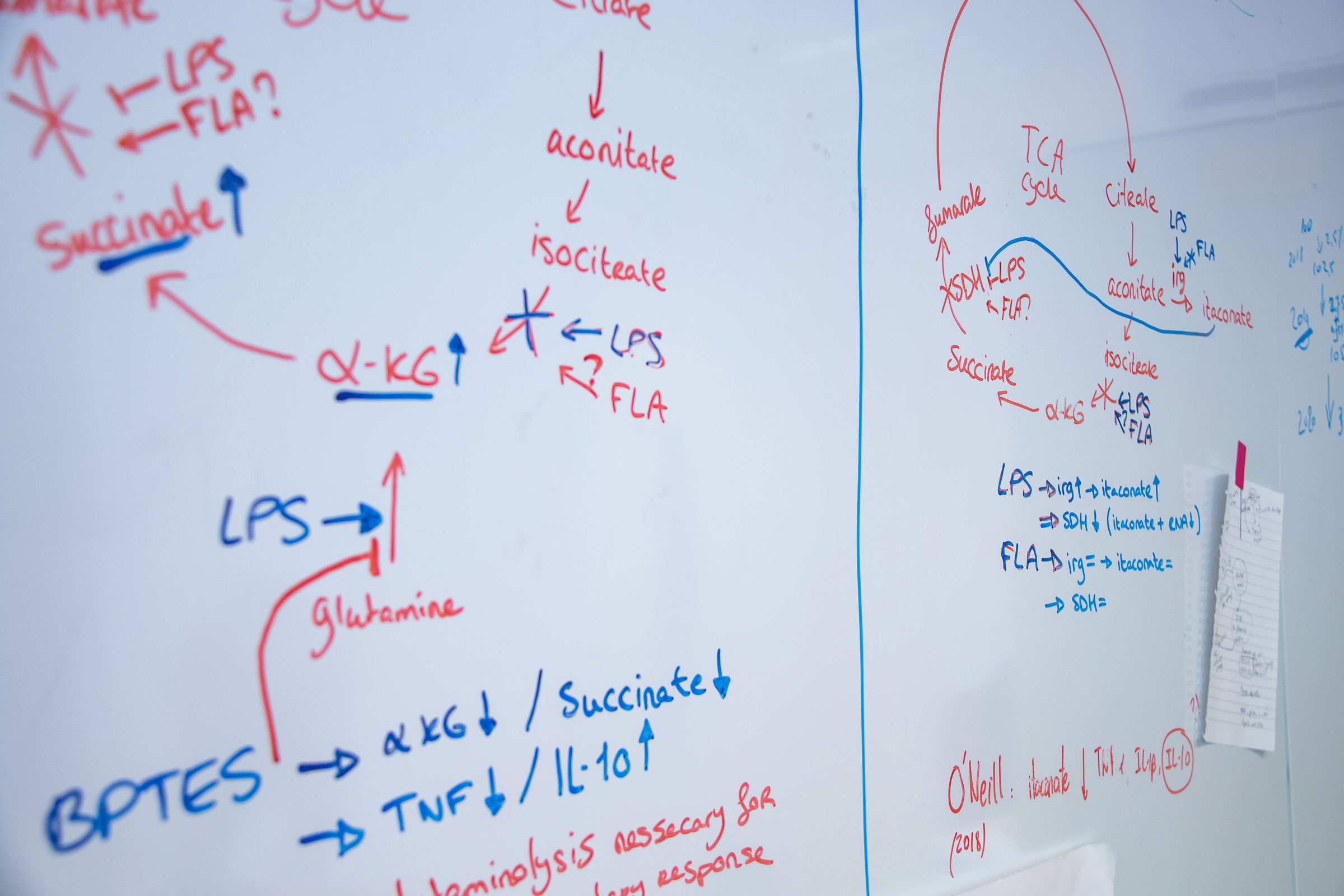Projects
On this page you can find an overview of some of the ongoing projects within our research group.
Elderbiome
Community-acquired pneumonia (CAP) represents a major health care problem and mortality and morbidity associated with severe pneumonia remain considerable, despite state-of-the-art care.
While the role of altered DNA methylation in cancer has been widely studied, knowledge about its impact on antibacterial defense is highly limited. In addition, preclinical studies showed that the gut and respiratory microbiota contributes to host defense against bacterial pneumonia.
This study aims to explore a completely novel research area linking the extent of DNA methylation in blood leukocyte (monocytes and neutrophils) and function of gut and respiratory microbiota on the influence of innate immune responses to and host defense against CAP
MARS
Sepsis is a major cause of in-hospital morbidity and mortality. Current tools available to the clinician to initiate therapy for patients with sepsis mainly comprise of symptom classification systems and culture techniques, which provide aspecific and slow information.
The ultimate goal of this programme is to assist the physician at the bedside in tailoring the treatment of an individual patient suffering from sepsis by generating rapid molecular information about the causative pathogen and the host response.
Predicting bacterial disease
Differentiating between bacterial and non-bacterial diseases is particularly difficult for physicians. Physical examination and laboratory tests are often insufficient to make that distinction. The best guidance, provided by cultures, is only available after several days. However, the distinction between bacterial and non-bacterial disease is vital for the treatment strategy chosen in the initial phase in the emergency department.
Since it is hard to make this distinction, we give most patients antibiotics, while many of them will not benefit and only experience the side effects. This is also associated with the overuse of antibiotics in up to 57% of cases.
Strategies driven by artificial intelligence might help identify patient characteristics that are predictive of bacterial disease yet undetected by specialists. We aim to use these novel technologies to predict the presence of bacterial infections in the emergency department. This project was awarded the 2020 NVIAG (Dutch Society for Internists in Acute Medicine) research grant.
Melioidosis
Melioidosis is a disease caused by the Gram-negative bacterium Burkholderia pseudomallei, which is present in the environment throughout the tropics. The disease causes a wide array of clinical manifestations ranging from localized skin infections to pneumonia and sepsis. Mainly people with risk factors acquire melioidosis, of which diabetes mellitus is the most notable one increasing the risk of infection to a 12-fold. Mortality can exceed 40%. The global burden of disease is estimated to be higher than that of other recognized neglected tropical diseases (NTDs). Unfortunately, the World Health Organization (WHO) currently does not recognize melioidosis as NTD. We aim to map the global distribution of melioidosis and increase our understanding of the pathophysiological mechanisms underlying disease. The ultimate goal is to get melioidosis recognized as NTD by WHO and to reduce the global burden of this devastating disease.
FAIR
Pneumonia is a type of respiratory tract infection that causes the lung to become inflamed, making it difficult to breathe. As pneumonia is predominantly caused by infection of the lungs by viruses or bacteria, a major complicating factor towards successful treatment is the emergence of antimicrobial resistance (AMR), where the bacteria causing pneumonia are resistant to the antibiotics used to treat the infection.
The FAIR consortium aims to investigate an adjunctive therapy, namely flagellin, that may be used in order to enhance the effectiveness of first-line antibiotics in antibiotic-resistant pneumonia. FAIR (Flagellin Aerosol therapy as an Immunomodulatory adjunct to the antibiotic treatment of drug-resistent bacterial pneumonia) is an EU-wide research project, focusing on improving the treatment of antibiotic-resistant pneumonia.
Click here for more information on the FAIR project.
